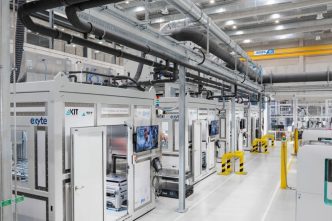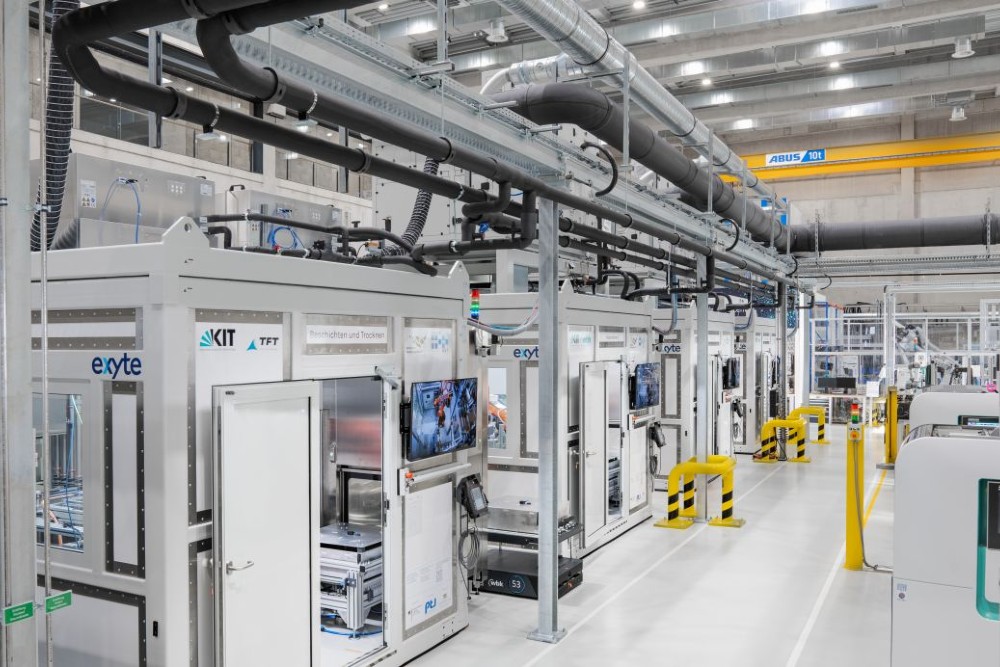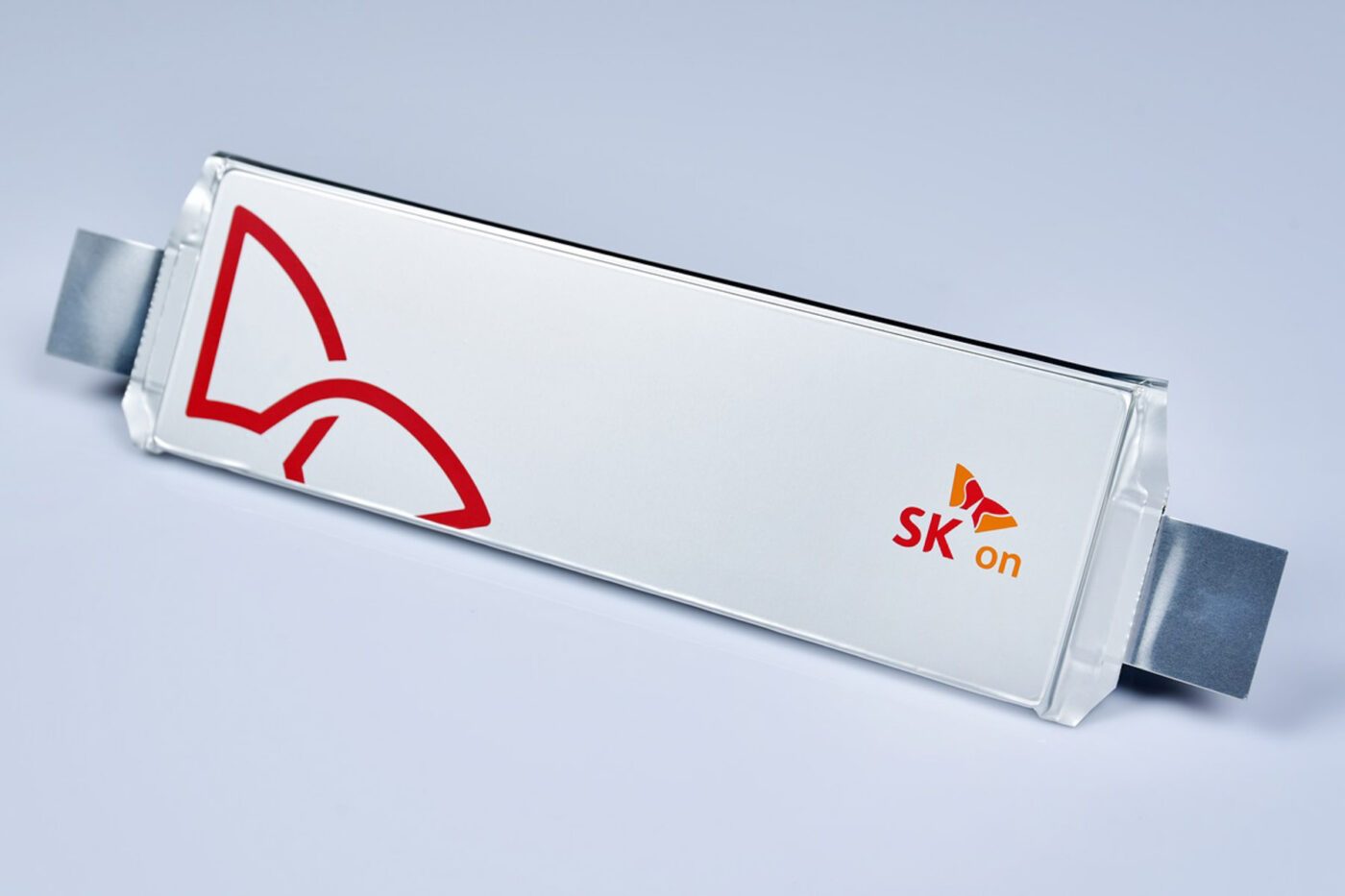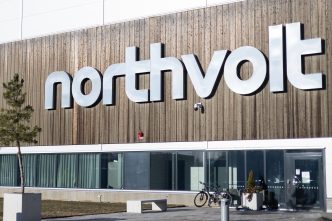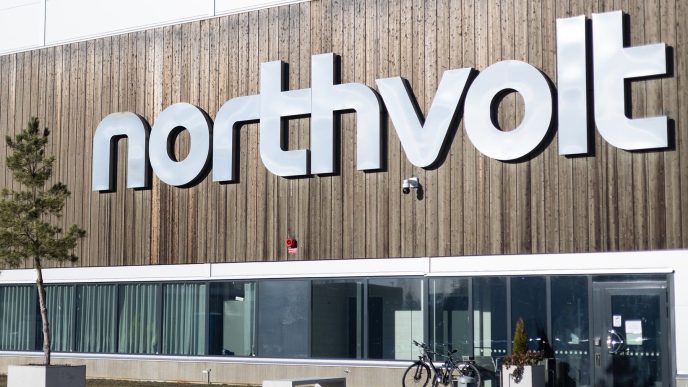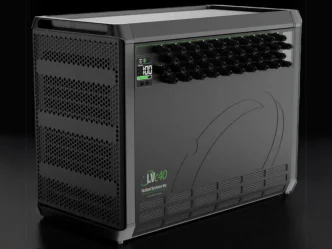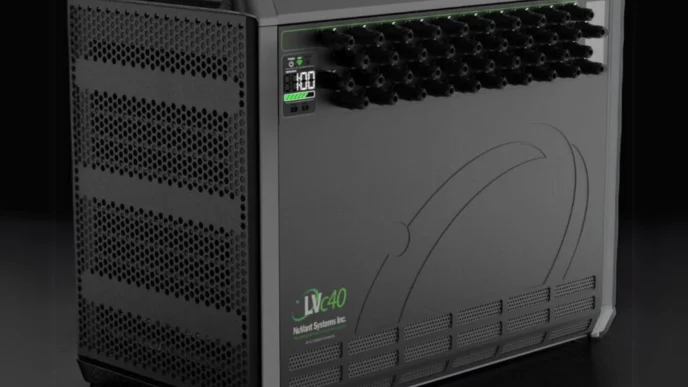The Karlsruhe Institute of Technology (KIT) has unveiled a groundbreaking facility designed for agile battery cell production, a project made possible through collaboration between researchers and mid-sized machine manufacturers as part of the AgiloBat initiative. This new facility is characterized by its robot-based, modular production system, enabling the production of customized battery cells in the required quantities.
KIT’s new production facility is described as the “world’s first agile battery cell production facility.” The innovative system, developed in partnership with Exyte and various mechanical engineering companies, aims to provide flexibility in battery cell production while also automating processes. The facility is designed to allow companies to adapt rapidly to technological advancements and market fluctuations, thereby enhancing Germany’s competitiveness as an industrial hub. The federal and state governments have supported the initiative with approximately 19 million euros in funding.
Professor Jürgen Fleischer, Head of the wbk Institute for Production Technology at KIT, emphasized that the facility is not intended to compete with cost-driven mass production currently dominated by companies in Asia and North America. “In Germany, we don’t have the prerequisites to be competitive in the purely cost-driven mass production of cells and the associated mechanical engineering,” he stated. He further noted that this facility demonstrates how Germany can differentiate itself in the global market through highly flexible, resource-efficient production methods, specifically targeting high-margin premium segments and niche markets.
Central to the facility’s operation are specially designed robot rooms, referred to as “microenvironments,” which function as local drying rooms to safeguard moisture-sensitive battery materials. These microenvironments offer significant energy-saving potential due to their smaller volume compared to conventional drying rooms. The agile production facility in Karlsruhe features four such microenvironments, each with associated process modules, contributing to the overall efficiency of battery cell production.
Additionally, the project team developed a digital twin—a virtual representation of the production system—that enables researchers to analyze economies of scale and optimize production variables, including batch size. This simulation capability also facilitates agile production planning. The facility is linked to a database that allows artificial intelligence to adapt and enhance production processes continuously.
The AgiloBat research project involved extensive collaboration between scientists and machine manufacturers to create a production environment that allows for variant-flexible, resource-efficient, and automated battery cell manufacturing. The infrastructure complements KIT’s existing research initiatives in battery cell production, which have been in development since 2011. Collaboration within the project included participants from the Centre for Solar Energy and Hydrogen Research Baden-Württemberg and the Fraunhofer Institute for Chemical Technology, alongside notable mechanical and plant engineering companies.
Exyte Technology GmbH, one of the project partners, has already secured a contract with Volkswagen to construct the drying room for the Group’s first battery cell gigafactory in Salzgitter, indicating the ongoing demand for innovative production solutions in the electric vehicle industry.

